
The work of Venezuelan journalist Emilia Diaz-Struck, appointed incoming executive director of Global Investigative Journalism Network (GIJN), shows that optimism, collaboration and networking are the best response to difficult challenges facing journalism today.
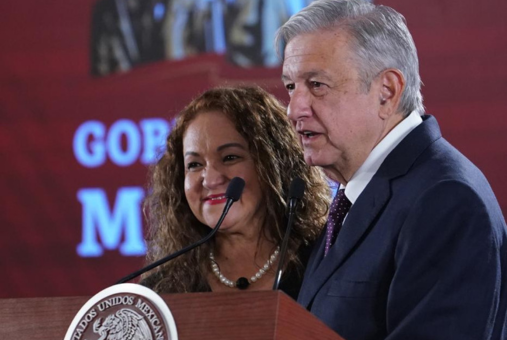
Notimex, once a public media standard in the region, had been languishing since 2019, mired in administrative and labor chaos that includes serious accusations of harassment against journalists, allegedly perpetrated by director Sanjuana Martínez. LJR heard from experts on the meaning and impact of the agency's demise, announced by President López Obrador in April.

The Human Journalism Network, a platform created by Red/Acción from Argentina with the purpose of sharing stories that "portray how people and communities face our most urgent social problems," finished its Global Edition. Fourteen news outlets from different countries joined forces for this edition and its success has them contemplating a third edition for 2024.
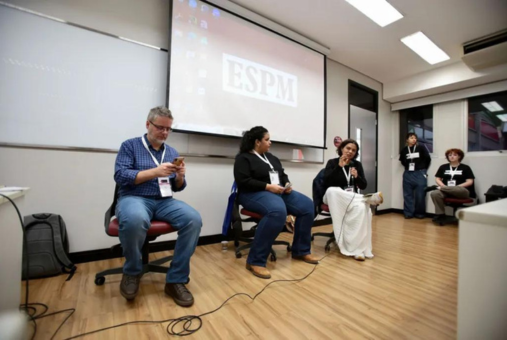
All journalistic reporting is the result of choices. What forces shape these choices and how do they relate to journalistic objectivity? At the 18th International Congress of Investigative Journalism, held by the Brazilian Association of Investigative Journalism (Abraji) from June 28 to July 2, professionals debated objectivity in light of the changes journalism has undergone in recent decades.
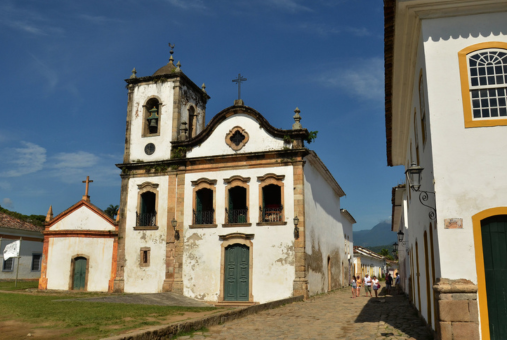
In the book "Pedophilia in the Church: An unprecedented dossier on abuse cases involving Catholic priests in Brazil," journalists Fábio Gusmão and Giampaolo Morgado Braga describe the first panorama of sexual abuse against children and adolescents by the clergy in the largest Catholic country in the world.

In the book "The man with the white shoes: The life of the inventor of the dog-eat-dog world on Brazilian TV," journalist Maurício Stycer sheds light on the professional trajectory, personal history and innovations introduced by Jacinto Figueira Júnior, better known as The man with the white shoes. Stycer, a renowned TV critic in Brazil, explores the emergence of sensationalism, shock and amazement as central production values of TV journalism in the country.
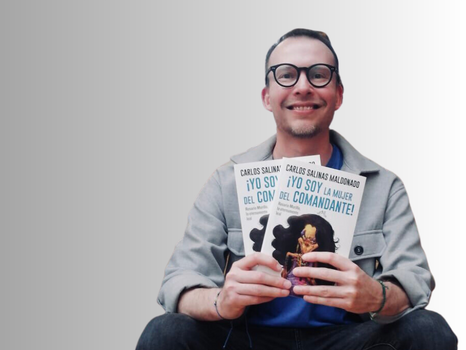
LatAm Journalism Review (LJR) talked to Nicaraguan journalist Carlos Salinas Maldonado about the publication of his fictionalized biography about Rosario Murillo, current vice president of Nicaragua and President Daniel Ortega’s wife. The journalist also talked about the pain of exile and his plans for the future.
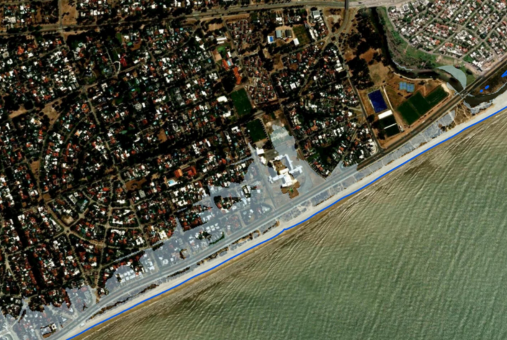
For the first time in Uruguay, a team of scientists and journalists analyzed different databases on the flood line and its impact on the population and relevant infrastructure along the coast of Montevideo. The result was "The submerged city," winner of the 2023 Sigma Awards that celebrate the best data journalism in the world.
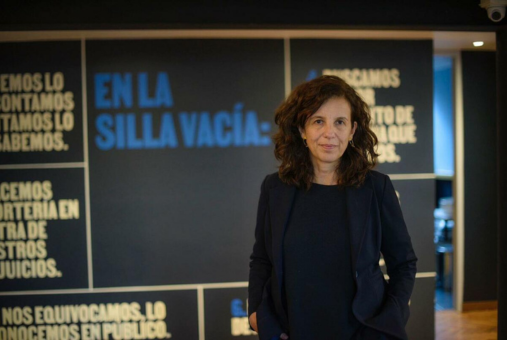
Women CEOs and media founders in several countries in Latin America reflect on the road they have traveled. They examine how lessons learned and challenges faced can help pave the way for others coming behind them, who will soon be in charge.

The attack by a 13-year-old student at a school in São Paulo has revived debate in Brazil about the impact of news coverage on this type of violence. The Association of Education Journalists (Jeduca) brought together experts to advise on how to carry out responsible coverage, in order to prevent the proliferation of such attacks.

In the fourth edition of our glossary of journalistic expressions in Latin America, learn about the meaning of Coleguinha, Encochinado, Pescoção, Lobster shift, evergreen story, and caliche, among other jargon used by journalists in Portuguese, English and Spanish.

In 2022, LatAm Journalism Review (LJR) published more than 250 feature stories, articles and interviews on press freedom and innovation in journalism in Latin America and the Caribbean. For our traditional round-up, which highlights the most important stories from the past 12 months, we decided to ask the LJR team. Our reporters selected one story of their own and one produced by a colleague in 2022, and we also highlighted our most-read stories on the site.